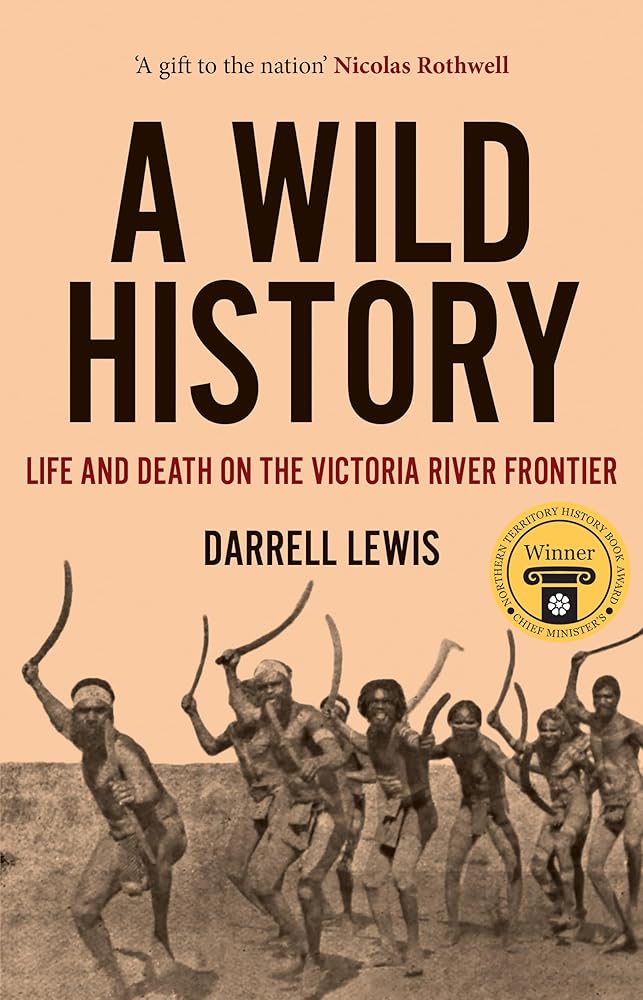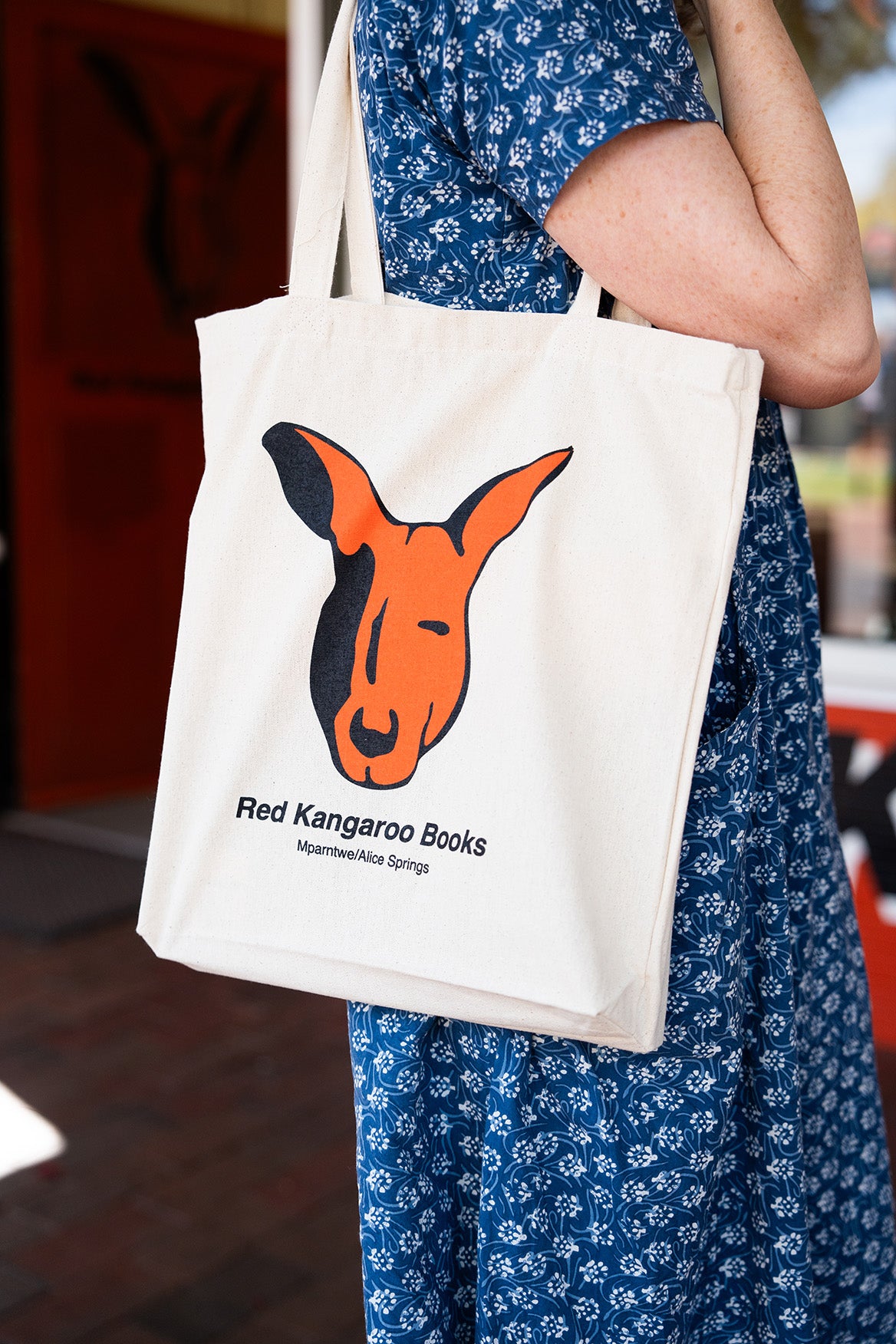
A Wild History: Life and Death on the Victoria River Frontier by Darrell Lewis

A new format of an acclaimed history - joint winner of the Northern Territory Chief Minister's History Book Award 2013.
In 1883, pastoralists began to drive great herds of cattle into the Northern Territory's Victoria River District. They entered a vast tropical land of big rivers, wide plains and rugged ranges. It was a cattleman's paradise, but also a paradise for the Aboriginal peoples who had lived there for thousands of years. A twenty-year battle ensued between these two groups, but ultimately both sides lost, as the introduction of cattle began the destruction of the land for both.
The settlers who came to the district included cattle and horse thieves, outlaws, capitalists, dreamers, drunks and madmen. They established massive stations of up to 12,000 square miles on the traditional lands of the Aboriginal peoples. Lewis traces their legacies, from the explorers of the 1830s and 1850s to the founders of the big stations in the 1880s and 1890s, and finally the cattle duffers in the 'golden era' of the early 1900s.
Drawing on rare yet rich documentary sources, Aboriginal oral traditions and investigations in the region undertaken over thirty-five years, Lewis pieces together the complex interactions between the environment, the powerful Indigenous tribes and the settlers, which produced what was truly a wild history.

